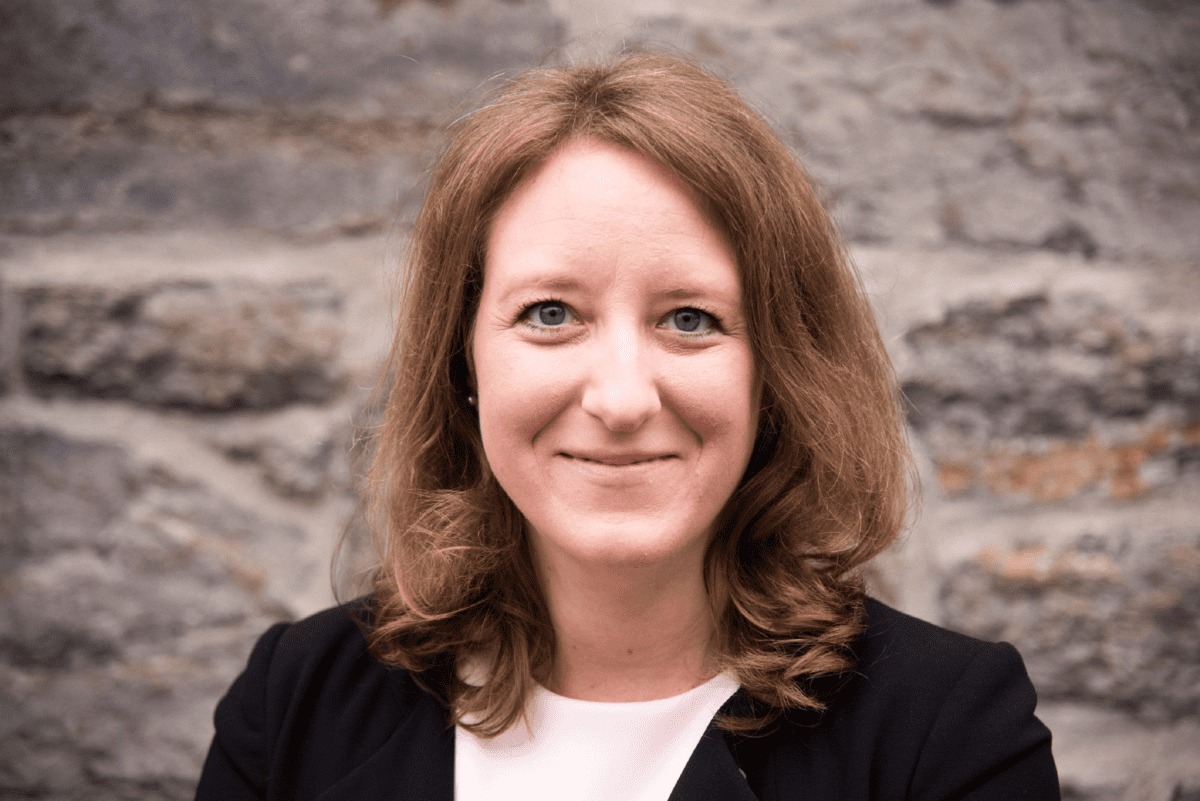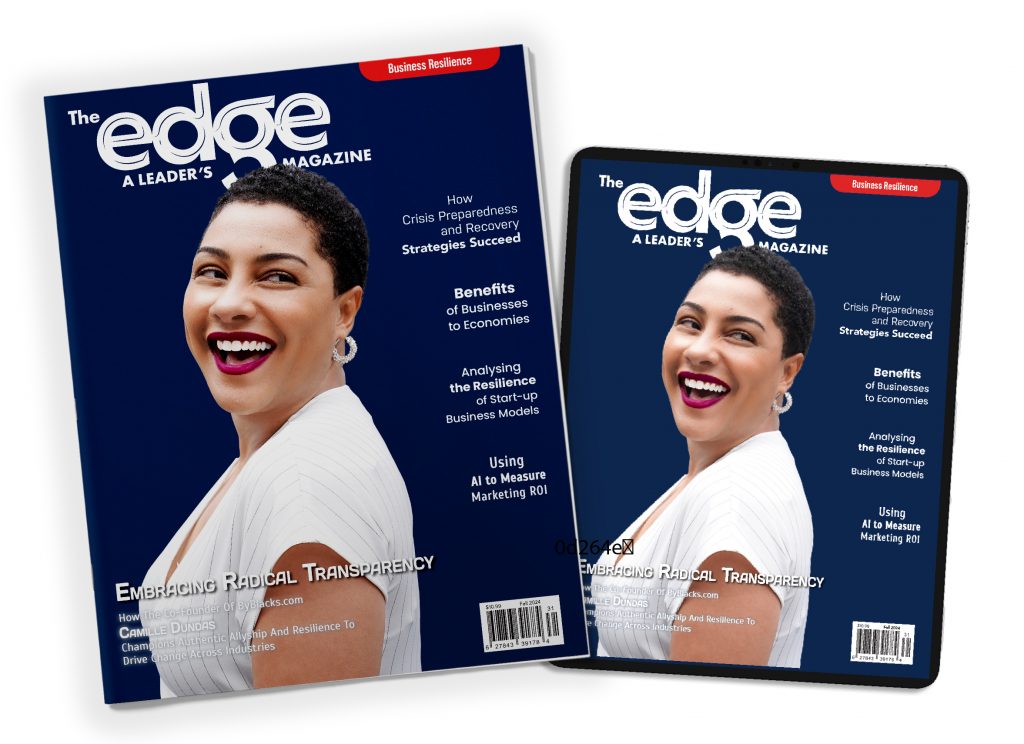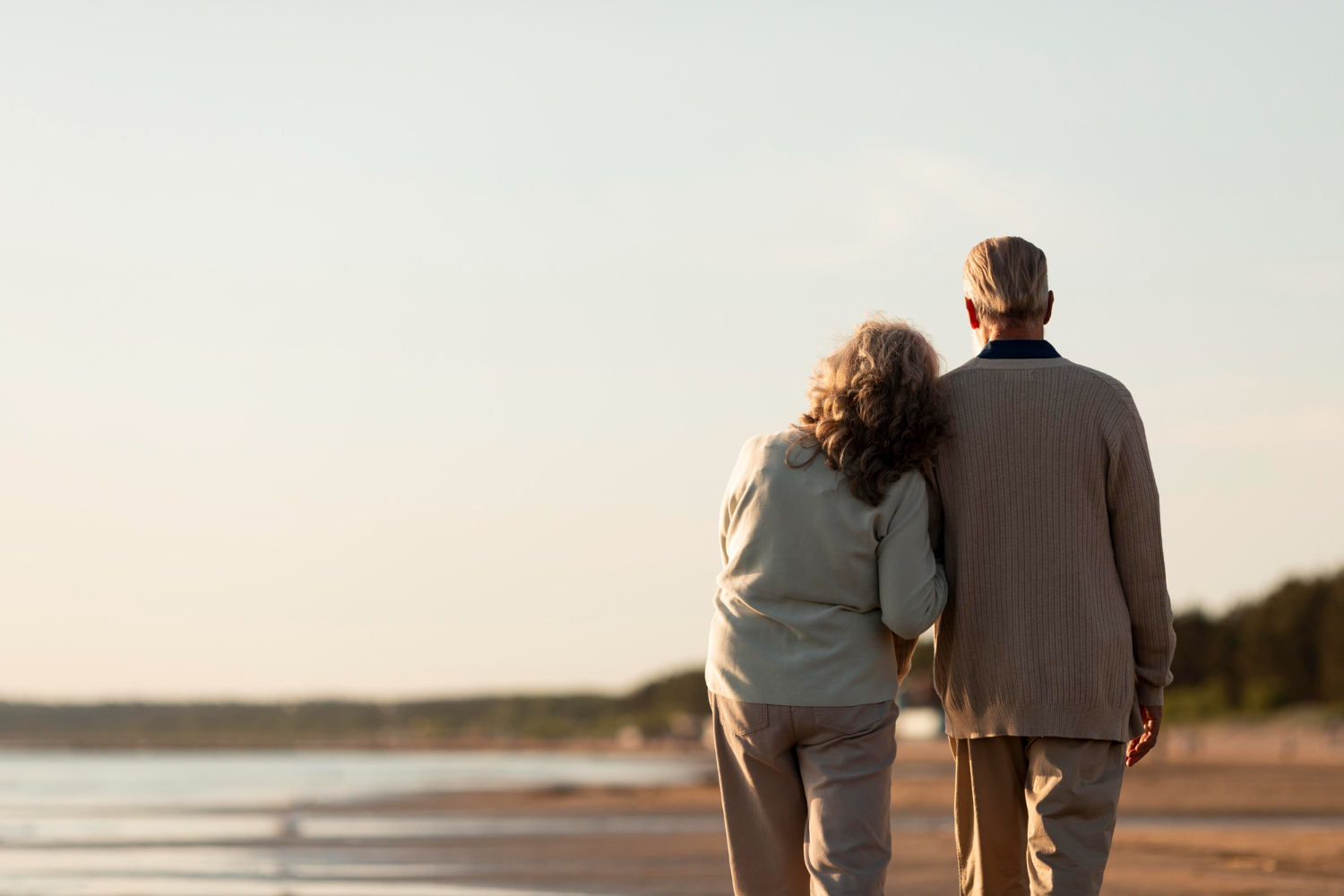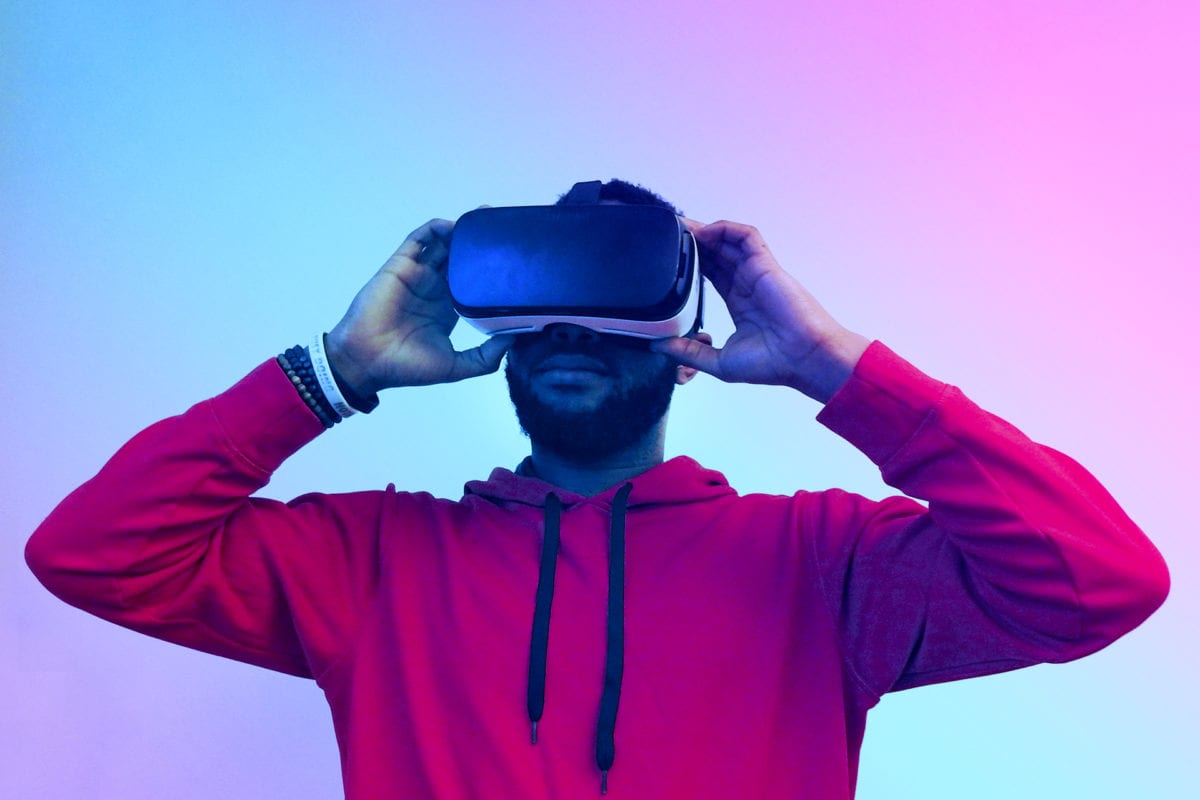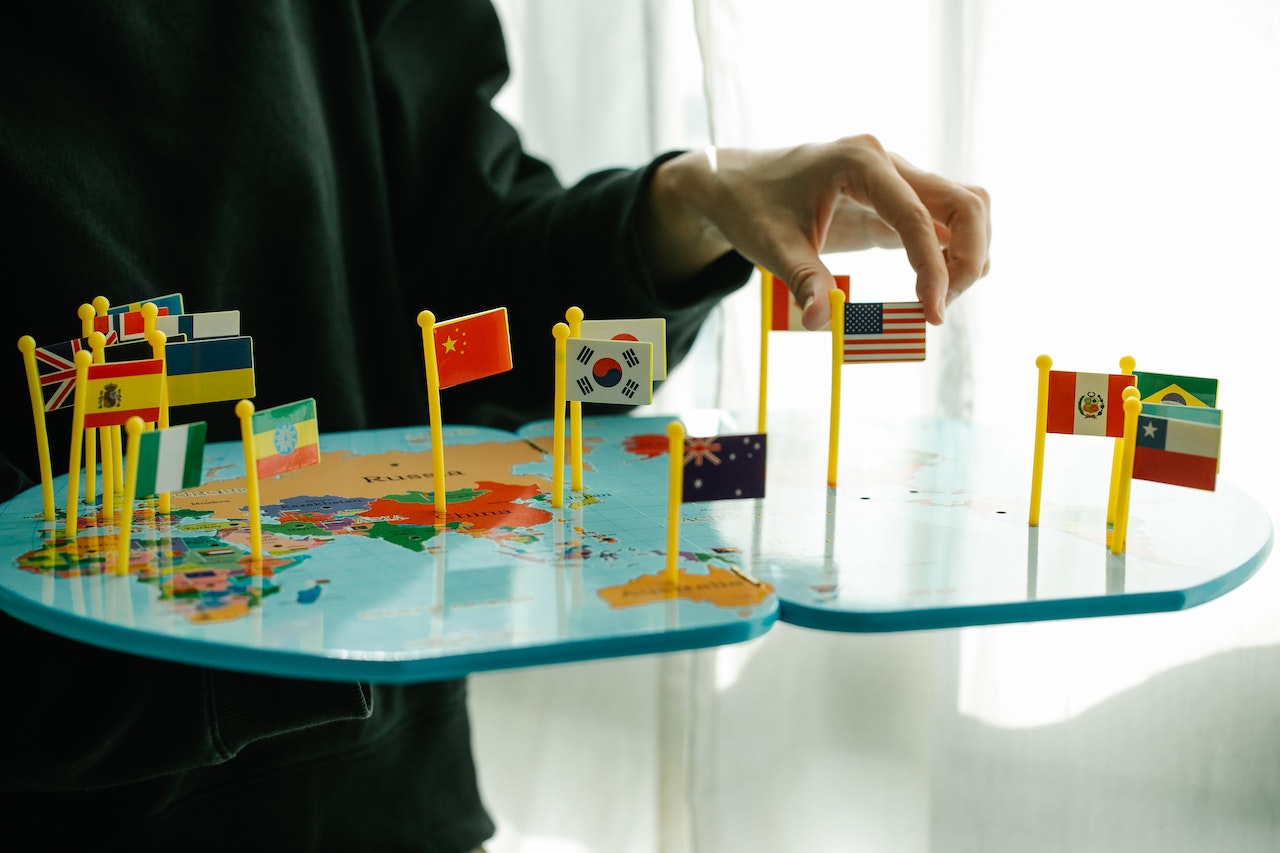Audra Renyi is a woman of diverse talents. From being a Wall Street investment banker, a successful entrepreneur, and philanthropist, to being named the Heroine of Health by the World Health Assembly, the Executive Director of the Worldwide Hearing Foundation and a new mother of one – Renyi has done it all.
Now, she can add another feather to her cap as the inventor of the innovative Canamasq.
In the wake of COVID-19 and provinces announcing the mandatory use of masks in all public and common areas, Renyi quickly realized that conventional masks weren’t sustainable or versatile and were a hindrance to those with hearing and speaking challenges. She immediately put pen to paper and designed the Canamasq, which enables communication by seeing each other’s facial expressions and by lip reading.
However, her successes didn’t come without challenges. In 2002, Renyi was kidnapped in Argentina and that taught her one of her greatest lessons – how to be resilient and that hard work, determination and perseverance ultimately pays off.
The Edge spoke to Renyi to understand what makes her tick, her inspirations and her challenges.

What was the inspiration behind the innovative design, features and name of Canamasq?
Canamasq is a combination of “Canada” and “Mask” with a “q”, to reflect the fact that we are based in Montreal and in French ‘mask’ is spelled with a q. We are a proudly Canadian company – our masks are made in Canada by Canadian workers, using Canadian-made materials.
It was created to enable people to communicate by seeing each other’s facial expressions and by lip reading.
In designing our non-medical mask, we also tried to solve a lot of the problems we noted in conventional, opaque face masks, such as ear loops that hurt the ears after extensive wear. We made ours fully adjustable. We used a high filtration face mask material that is very breathable. On the plastic, we also utilized the same anti-fog coating material used by deep-see diving.
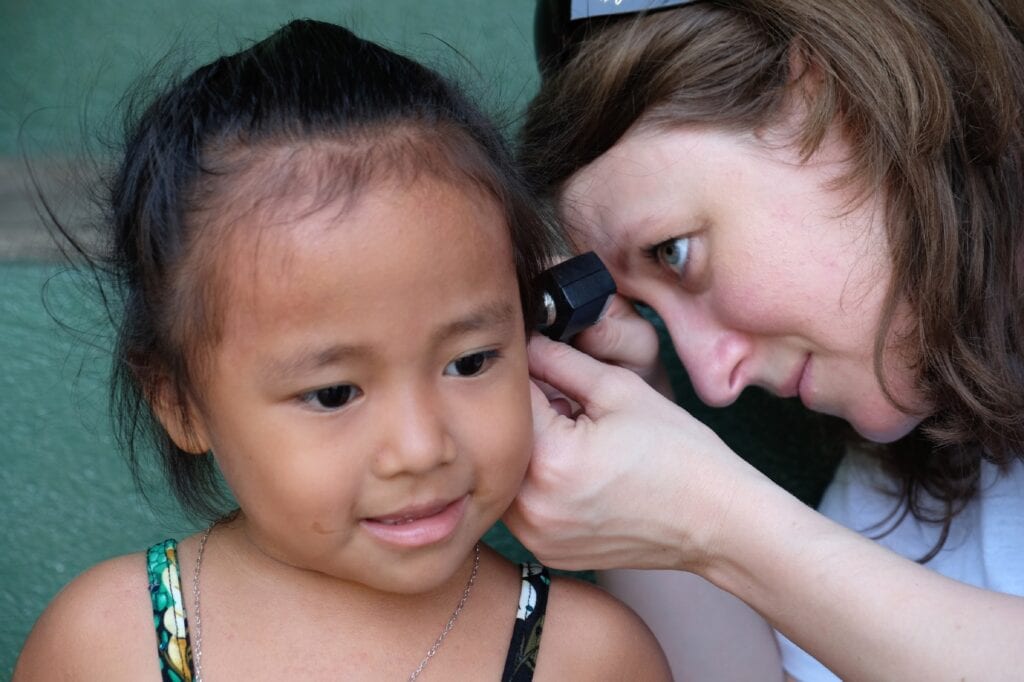
You have a background in investment banking on Wall Street. How did this culminate into creating masks and working in the medical industry, specialising in communication and hearing?
Although I started my career working as an investment banker on Wall Street, where I learnt a lot about business, I have always felt that there was something purposeful missing from my life. So, I decided to leave the world of macro finance and try microfinance instead. I left New York to go work in Kenya for a microfinance organization that helped rural women.
In Africa, I also worked with non-profit organizations such as Doctors Without Borders, and the One Acre Fund in Rwanda and Chad.
When I came back to Canada, I wanted to apply what I had learned about scaling social impact to a field I was deeply passionate about. That cause is hearing. I had grown up with a father and aunt who both had hearing loss as children in Romania and had been dependent on hearing aids. However, it is only when I met Claudio Bussandri, a retired executive who had worn donated hearing aids since he was a child and who wanted to give back, that I learned for the first time the scale of the problem.
Claudio and I joined forces to launch Worldwide Hearing Foundation to make an impact on the lives of children. Hearing aids did exist, but they were not getting to the people who needed them the most. We knew it was a big task, but we were prepared to try.
A few years later, I founded earAccess, a for-profit company with a strong social mission.
I found out that half a billion people around the world have disabling hearing loss – 80 percent of them live in developing countries and that fewer than 1 percent have access to the hearing aids. I found these numbers shocking – I had always assumed that hearing loss was something that my family lived with, an isolated thing. Hearing loss is an invisible disability and it is everywhere. I had to do something about it.
Being a successful female entrepreneur, among your many other achievements such as being named Wharton Top 40 under 40, recognized as the Young International Leader of Quebec, named a Rising Talent by the Women’s Forum, and received the Governor General of Canada’s Innovation Award, what is your secret to success?
I had the unusual luck of being an outsider in my field. I am not an audiologist, my background is in finance, distribution and fundraising, yet I work in the area of hearing loss. The fact that I think differently from other people in my sector, I have been told, is something that enables me to innovate and find new solutions to old problems.
Innovation is not necessarily a patented engineering solution but a potentially endless sequence of small steps, each solving a small problem on the way to changing the way big things are done. Each step allows you to bypass a wall you have run into, forcing you to zig zag as needed, but always in the general direction of your ultimate quest for big change.
In our case, it was realising that there was a huge unmet need for transparent face masks; that is why I founded Canamasq, to sell a Canadian brand of protective masks that help the hard of hearing and the deaf.
What does a day in the life of “Audra Renyi” look like?
It is controlled chaos! My day starts at 5:30 a.m. when my 14-month old daughter wakes up and wants to play. By the time I take her to daycare, my workday starts. I juggle leading two organizations and their different priorities, both in the hearing loss space.
I used to travel a lot for work until recently: from speaking engagements to business trips to our countries of operation.
How do you balance being a new mom and a successful entrepreneur?
That’s a great question! Ask me again in 18 years. I actually think that being a new mom has made me a better entrepreneur. I am hyper focused when I need to get things done at work because I know that when my daughter gets back from daycare, I want to spend as much time as possible with her. So, I only focus on the most important things at work and I make sure they happen as efficiently as possible.
The joy that a child brings also helps me balance the stressful parts of being an entrepreneur, the inevitable ups and downs, especially as we navigate through this pandemic. Being a mom helps me put things into perspective and creates happiness, even through tough times.
What has been a defining moment in your life and how has this changed your life for the better?
The defining moment in my life was when I left my investment banking job in New York to go volunteer for two years in Africa.
This was a huge leap of faith and perhaps, at the time, not the most logical next step in my career. But today, looking back, it was the best decision I ever made. It gave me the hands-on experience of working with non-profits in places like Rwanda, Kenya and Chad with organizations like Doctors Without Borders. I was thrown into leadership positions that normally one only experiences at a later stage in one’s career, like running the human resources and finances for a 160-staff hospital in Chad, when I was only 25.
It enabled me to really understand the realities of lower-income countries and how things work on the ground. Today, as I lead both for-profit and a non-profit organizations that operate in low-income countries, I have a good sense of what will work, and what won’t, and why.
What were some of your greatest challenges and how did you overcome them?
In 2002, I was kidnapped in Argentina—this was the period of the country’s economic crisis. It was what they called an “express kidnapping”– we were driven around Buenos Aires and then abandoned in a slum at 4 a.m. I had only just arrived in Argentina for a six-month student exchange program. After that traumatizing experience, the obvious choice was to go home and forget all about Argentina. However, I decided to stay on for a full year in the country. It turned out to be one of the best decisions I ever made. The result of staying on was that I felt more resilient in the face of whatever life threw at me. Resiliency and the ability to overcome adversity are useful qualities in entrepreneurs.
Who or what do you owe your successes to?
My father! He is my hero and always will be. He has gone through so much, and has never complained – he just carries on. I always have my father’s advice to support me in whatever I do. He is very calm and analytical and looks at things from every angle.
Ever since I was little, I knew he had trouble hearing. He grew up in Romania and when he was nine years old, an ear infection impaired the auditory nerve in both his ears. He has been wearing hearing aids for decades.
One of the things I learned working with hearing loss around the world is that this invisible disability affects not just the individual but the family, as a whole. Not having hearing aids when you need them will not only cut you off from school or a decent job but it will also affect your parents, siblings, and children.
Canamasq fits perfectly into this picture of helping people communicate.
What are your future goals?
Make earAccess the leading provider of affordable hearing aids in emerging markets.
[I want to] grow Canamasq to be the leading provider of Canadian-made transparent face masks and help all those who want to communicate during this pandemic. It is hard enough to live through the pandemic, our goal is to solve one of the major issues people with opaque face masks are facing: lack of communication, no longer seeing each other’s smiles.
What advice do you have for future entrepreneurs?
It is a widely held belief that to start an innovative business, you need a brilliant, earth-shattering idea. That is not the case – in fact, most entrepreneurs start businesses in areas where they have simply seen gaps in the market; they seek to fill those gaps without a clear idea about exactly how they are going to do that.
People have asked me over the years, “How do you find your passion?” The only way to discover your passion is to ask yourself what really drives you; if you are not sure, then try working in an area or start a project that gets you excited. It can be a small side project, but the most important thing is to just get started and start “doing”. You will learn along the way what you enjoy—and don’t enjoy—and that experience will guide you onto the path that is right for you. The enemy of innovation is inaction. Personally, I would rather be criticized for something I did than for something I failed to do.
To really innovate and make a difference, you have to be deeply aligned with your mission and passion. Innovation actually translates into a lot of hard work, so if you are going to work hard, you might as well be working on something you really care about. My best ideas did not happen while I was meditating on a mountain. They came in moments of intense pressure when we had to solve an urgent problem and we needed a good solution, fast!
Veruschka Mungroo | Senior Editor

